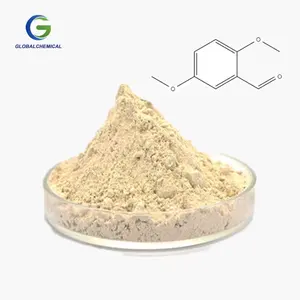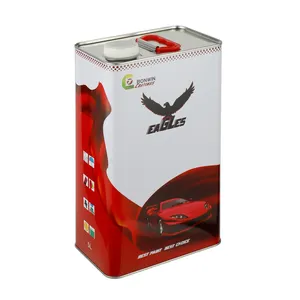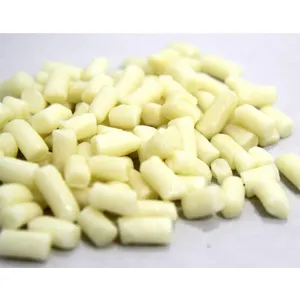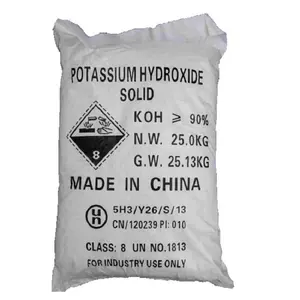Popular in your industry
































































Top categories
About sawdust briquette charcoal
What is Briquette Charcoal Made From Sawdust
Briquette charcoal is a renewable and eco-friendly product that is fast gaining popularity as a substitute for traditional charcoal and wood in both domestic and industrial applications. It is made from compressed sawdust and various agricultural residues, such as rice husks, sugarcane bagasse, or other biomass materials. This form of charcoal is typically produced in a process that involves the burning of the base material to create a char, which is then compressed to form a dense and hard briquette.
The primary appeal of briquette charcoal is its efficient and clean-burning nature. It produces less smoke and ash compared to traditional charcoal, making it a suitable option for indoor as well as outdoor grilling. Briquette charcoals are also compact and easy to handle, store, and transport, making them ideal for a variety of users, from home barbecue enthusiasts to commercial enterprises.
The production of briquette charcoal involves the carbonization process where the material is heated in an oxygen-deprived environment to remove volatile components and leave behind carbonized biomass. This process can be done in various types of kilns or retorts. After carbonization, the resulting charcoal is ground into a fine consistency and mixed with a binder to form briquettes. These can be made in various shapes and sizes depending on the intended use, such as for barbecuing or as a fuel source for heating.
Types of Briquette Charcoal made from Sawdust
The market offers several types of briquette charcoal made from sawdust, each with specific qualities tailored to different uses:
-
Hardwood Charcoal: This type is known for its high density and durability. Hardwood charcoals are often used for outdoor barbecues due to their long burning time and high heat production.
-
Coconut Shell Charcoal: Made from coconut shells, this eco-friendly option boasts a high carbon content which gives it a reputation for clean burning and excellent flavor infusion, making it ideal for culinary applications.
-
Bamboo Charcoal: Bamboo is another sustainable material used to make charcoal briquettes. Bamboo charcoal offers a unique flavor to foods when used in cooking and is popular in Asian cuisines.
-
Wood Sawdust Briquette: These briquettes are made from compacted sawdust and are appreciated for their natural wood aroma which enhances the flavor of grilled meats and other foods.
How to choose Briquette Charcoal Made From Sawdust
Selecting the right type of briquette charcoal made from sawdust requires careful consideration of several factors. First and foremost is the intended application—whether it's for home use, industrial processes, or as a fuel source in countries where sawdust is abundant and charcoal is in demand. This will guide you towards the size and shape that will best serve your needs.
For businesses focused on grilling or smoking foods, hardwood charcoal may be preferred due to its ability to impart desirable flavors to various meats. Conversely, if your business aims to supply sustainable fuel sources to industries like metallurgy or power plants, coconut shell charcoal could be more appropriate because of its high carbon content and consistent heat output.
The material composition also plays an essential role; some users may opt for 100% natural materials with no additives for an authentic experience while others might choose briquettes with binders or accelerants for ease of use and consistent burning. Additionally, consider whether you need long-burning coals or quick-starting heat sources as different types of charcoal can offer varying burn times.
Lastly, take into account environmental impact and local regulations. Eco-friendly businesses may prioritize charcoal made from sustainable sources that minimize environmental degradation. Understanding these nuances will guide you towards choosing the right product that aligns with your business values and customer demands.
About Briquette Charcoal Made From Sawdust on Alibaba.com
For businesses looking for reliable sources of briquette charcoal made from sawdust, Alibaba.com stands out as an excellent global marketplace. With an extensive network of suppliers offering a wide range of briquette charcoal options, businesses can find products that align with their specific needs while enjoying the convenience of wholesale purchasing. Alibaba.com's platform facilitates communication between buyers and suppliers in multiple languages, making it easier than ever to strike deals regardless of geographical location.
The diversity of briquette charcoal products available on Alibaba.com includes options suitable for various industries such as agriculture, food processing, and manufacturing plants. Each product listing provides detailed information about material composition, key selling points, and local service locations ensuring that buyers can make well-informed decisions that cater precisely to their business requirements.
Moreover, Alibaba.com's Trade Assurance service offers an added layer of security by protecting payments until delivery is confirmed complete. This commitment to quality assurance underscores Alibaba.com's dedication to providing a dependable trading experience. Whether you're looking to supply large quantities of briquette charcoal or need specialized products such as instant-lighting varieties for your retail store's grilling section, Alibaba.com is equipped to meet your sourcing needs efficiently and effectively.
Common FAQs for Briquette Charcoal Made From Sawdust
What types of sawdust are best for making charcoal briquettes?
The best type of sawdust for charcoal briquettes is hardwood, such as oak, maple, hickory, or fruit tree sawdust. It burns longer and cleaner than soft wood sawdust, making it more suitable for commercial use.
Can coconut shell briquettes be used as a substitute for hardwood in terms of heat value?
Coconut shell briquettes are a suitable substitute for some hardwoods, offering a comparable heat value. Their use can help reduce the demand on forests and can contribute to a more sustainable fuel source.
How do I determine the quality of briquettes?
Quality can be assessed by checking the calorific value, which is the amount of heat produced per unit of fuel. The higher the calorific value, the more efficient the briquette will be.
Are there any additives in briquette charcoal that I should be aware of?
Some briquette charcoals may contain additives like starch or other binders to help with the forming of the briquette or to enhance certain desirable properties such as ease of lighting or long burn time.
What is the typical moisture content of sawdust used for making briquettes?
The moisture content of sawdust used for briquettes can vary, but generally falls between 5-20%. The ideal moisture content depends on the specific type of briquette being made and the desired burn time.
How long do briquettes typically burn?
The burn time of a briquette varies depending on its composition and size. For example, coconut shell briquettes may burn longer than wood briquettes, which is something to consider based on your operational needs.
Can I customize the shape and size of the briquettes I purchase?
Many suppliers offer customization options for the shape and size of the briquettes they produce. This can be particularly useful if you have specific requirements for your end product.
Is it possible to find environmentally-friendly briquettes that also offer high heat?
Yes, environmentally-friendly briquettes can be found among the many types available. Look for keywords like 'eco-friendly' or 'natural' in the product descriptions.
Are there any specific industries that commonly use sawdust briquettes?
Sawdust briquettes are used across various industries including metallurgy, chemical industry, energy-saving stores, BBQ industry, and more. They are particularly valued in settings where sustainable energy sources are prioritized.
How do I ensure consistent quality when ordering large quantities of sawdust briquettes?
To ensure consistent quality when ordering in bulk, consider working with suppliers who provide machinery test reports and select a type that aligns with your specific application needs.
What should I consider when selecting a local service location for my briquette-related machinery?
When selecting a local service location for your machinery, consider the supplier's proximity to your business, availability of engineers for servicing machinery overseas (if applicable), and whether they offer online support or video technical assistance.

































